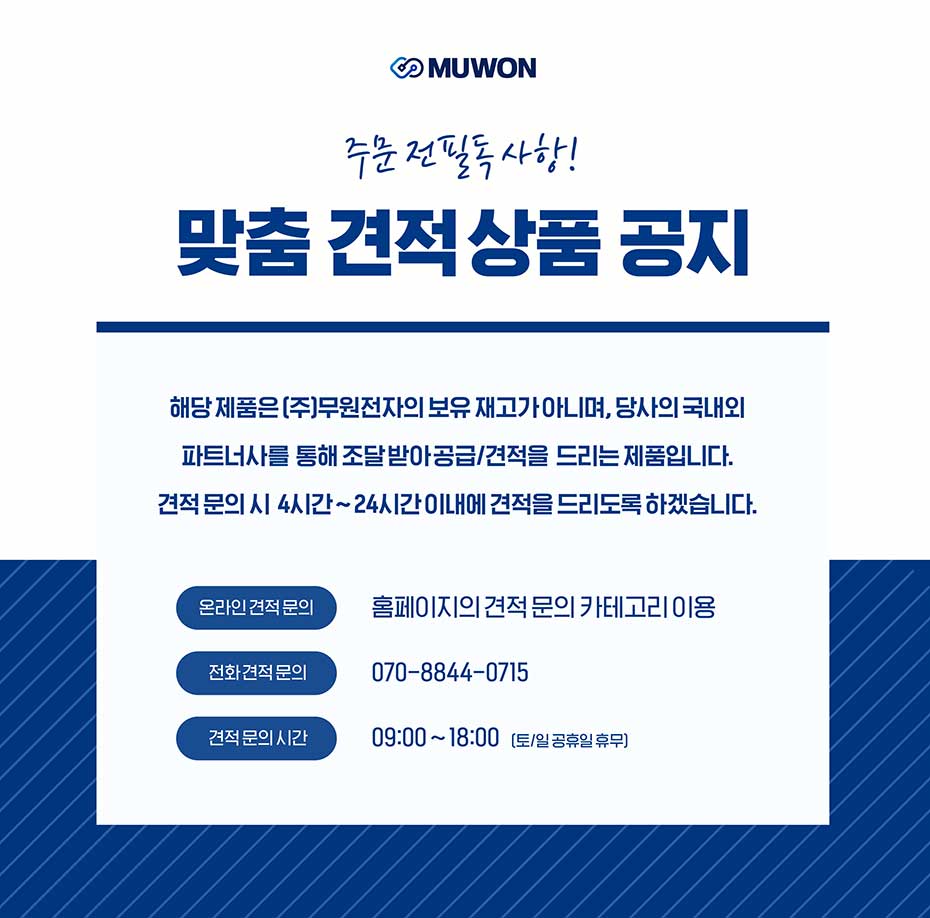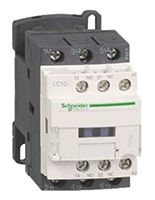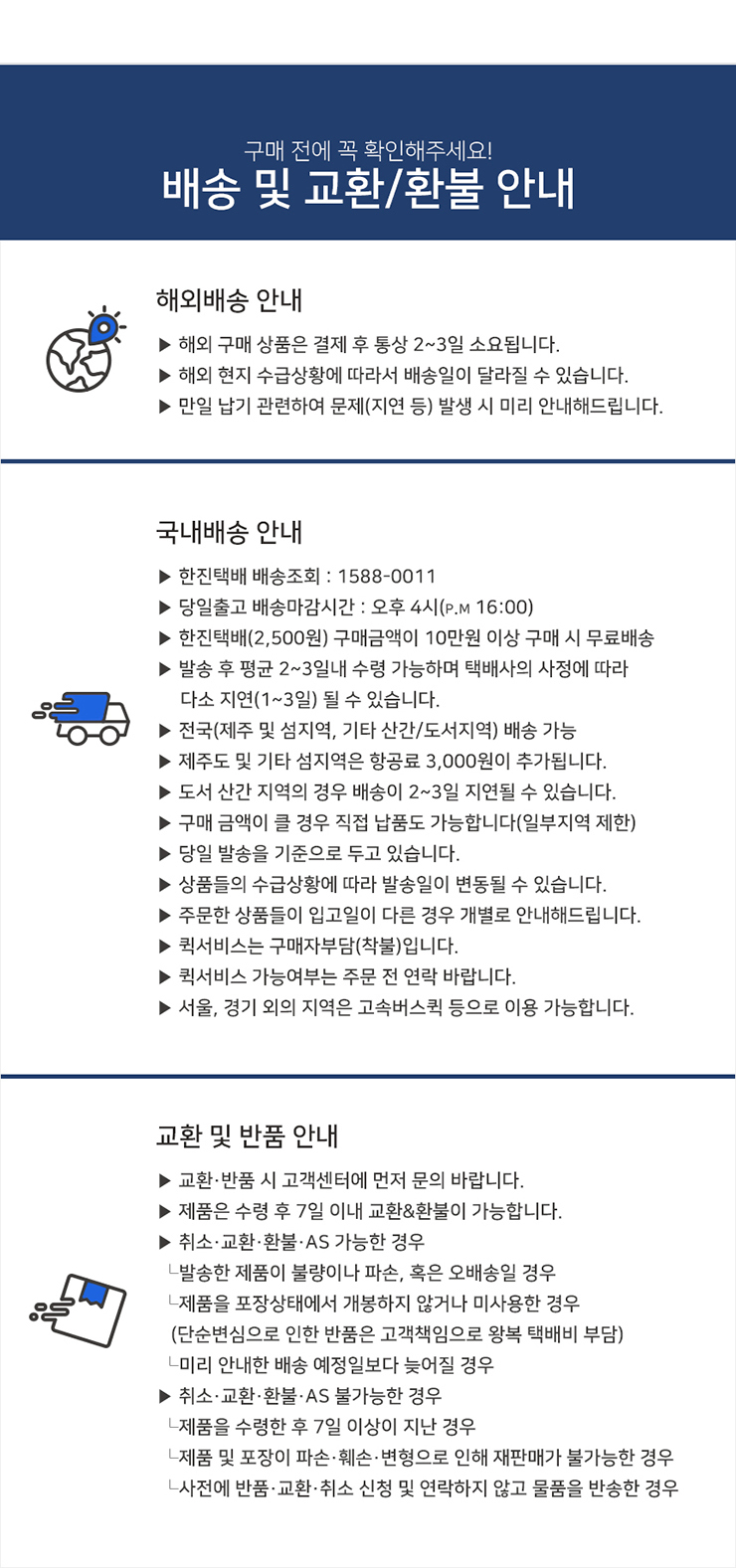
■ 제품필수정보
| 제조사 |
Schneider Electric |
| 제조사품명 |
LC1DT20MD |
| 간략설명 |
Schneider Electric TeSys D LC1D Contactor, 230 V dc Coil, 4 Pole, 20 A, 4NO |
■ 제품사양
Coil Voltage = 230 V dc Number of Poles = 4 Contact
Current 등급 = 20 A Normal State Configuration = 4NO Contact Voltage Rating = 690 V ac/dc
시리즈 = LC1D Number Of Auxiliary Contacts = 2 Auxiliary Contact Configuration = 1NO Terminal
타입 = Screw Width = 45mm Depth = 99mm Better World Product = Yes Better World Verification = Green Premium 4 pole Contactors, DC Controlled. TeSys D Contactors from Schneider Electric combine long mechanical and electrical life to offer a highly reliable contactor. The range has been designed for integration in control systems and can be used to create motor starters for any type of application. The TeSys D contactors offer quick simple setup while maintaining compliance with international standards. Features and Benefits. Utilisation category AC1 Auxiliary contact configuration one N/O, one N/C Width of LC1D contactors is 45mm Closing time of LC1D series is 12-22ms, opening time is 4-19ms These contactors must not be used with TeSys overload relays, interconnection units or GV2 circuit breakers. What does the utilisation category AC1 and AC3 mean for the TeSys contactors?. Contactor utilisation categories define the current making and breaking values, based on the type of load to be controlled and the operating cycle conditions. AC-1: This applies to all AC devices with a power factor of at least 0.95. Example of use: resistive load, heating, distribution. AC-3: This applies to squirrel cage motors where breaking occurs while the motor is running. Example of use: all squirrel cage motors, lifts, escalators, conveyors, bucket elevators, compressors, pumps, mixers, air conditioning units. What accessories are available?. Auxiliary contact blocks with serrated wiping action Front mount dust tight auxiliary contact blocks Pneumatic time delay blocks Transient voltage surge suppressors Interface modules and electronic timers Mechanical latching blocks. Is the TeSys D range a double break pole type contactor?. Yes, the TeSys D range uses linear translation movement that provides double breaking of the poles.







